Punting (or not) on the Cam
I was born and brought up in Cambridge and for us one of the “rites of passage” for a Cantabridgian was to join your first “Punting Party”. In time you might pick up enough experience to punt competently (and perhaps a little smugly) through the tourists and beginners pushing their punts back and forth from one bank to the other, into trees , losing punt poles in the mud and occasionally falling in. Even for the experienced you are wise to take off and leave with those sitting in the centre of the punt, watches, wallets and valuables as a dip cannot be avoided.
Leisure punts were first introduced on the Cam in 1902-04 but the number and size of some of these craft have increased greatly in recent years. It would seem that there has even been some business disruption along “Uber” lines. However, just as in London “Uber” has learned that the safety of the public and the requirements of the licensing body cannot be ignored some Punt operators on the Cam are having a reality check too.
In Cambridge City Council v Traditional Cambridge Tours Limited and others [2018]EWHC 1304 (QB) Cambridge City Council obtained an injunction against a company, some individuals and indeed a twelfth defendant “persons unknown” (who was as the judgement put it “for obvious reasons not represented” at the hearing), to prevent them operating commercial punts. These individuals and the company had operated commercially from various unauthorised punting stations both self–pushed and chauffer punts (wider and more of a hazard for the rest of us on the river) along the Cam. Indeed they had moved locations when needed following attempts physically and legally to prevent them operating. The operators had caused congestion in Garrett Hostel Lane and with others seen the rise of the “Punt Tout”, something unknown when I was a native but unavoidable now as you walk though Cambridge near the river, but now they are to be brought under control.
This business was competing against those who were operating from authorised punting stations, with licences, paying business rates and following the regulations to control the anti-social activities of some of the touts. An injunction was granted, so it will be interesting to see if the congestion on Garrett Hostel Lane, Garrett Hostel (GH) Bridge, the activities of the punt touts and indeed the congestion on the river will now improve.
For those in the know GH Bridge is a good place to stand and stare at those punting below because the river bed there is very sticky and a novice Pusher will often hold on to the punt pole, stuck in the river bed mud, a little longer than is wise, inevitably resulting in an unintended dip in the Cam. I know because I have done so.

Robert Sainsbury
Robert is the firm’s agricultural and commercial property lawyer. He joined Bates Wells & Braithwaite in 2003 having worked in East Anglia since qualifying as a solicitor in 1984.
Robert has many years’ experience of agricultural and commercial property work both freehold sales and purchases and the grant and taking of leases, options, promotional and overage agreements. He has given the Cambridge Law Society’s Agricultural Law up-date seminar in recent years.
In his spare time Robert spends a lot of time with his family, enjoys badminton and tennis and plays an active role within St Mary’s Church Bury St Edmunds.

